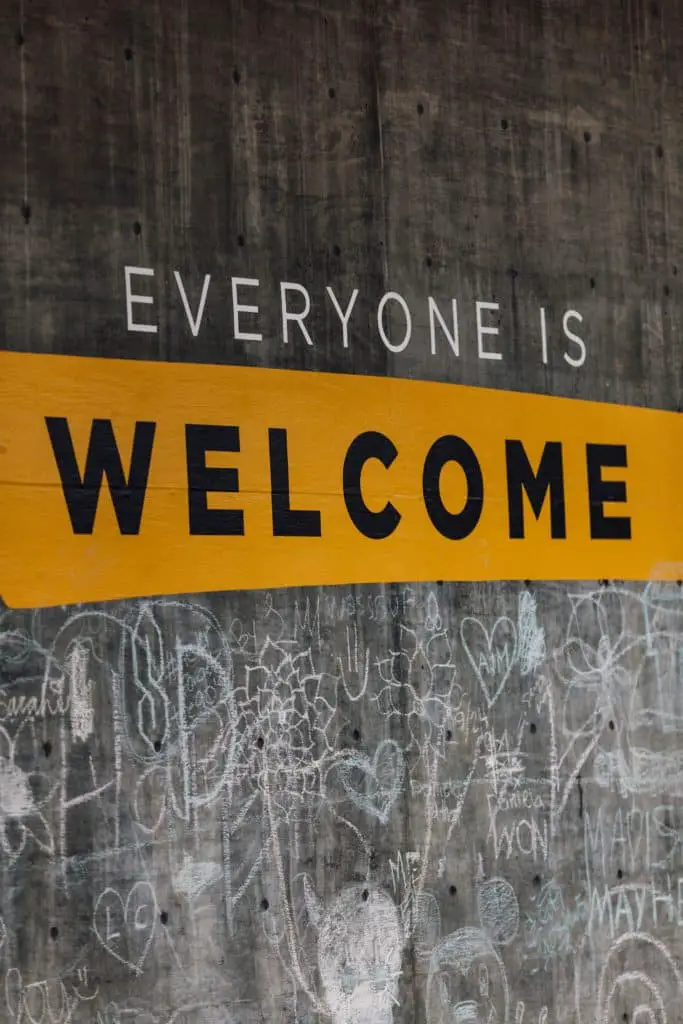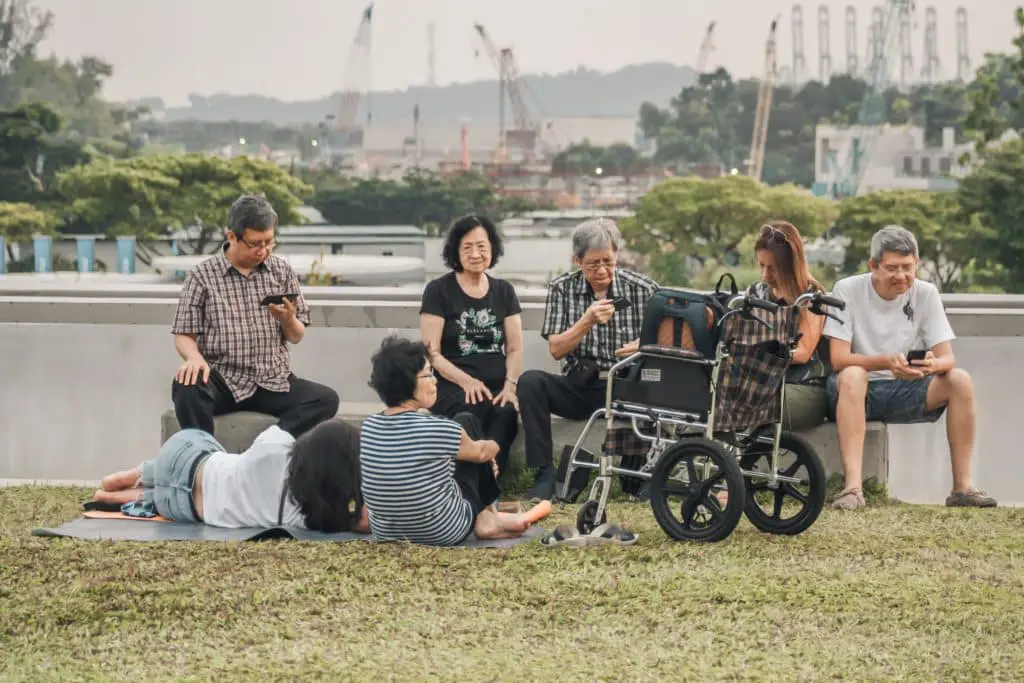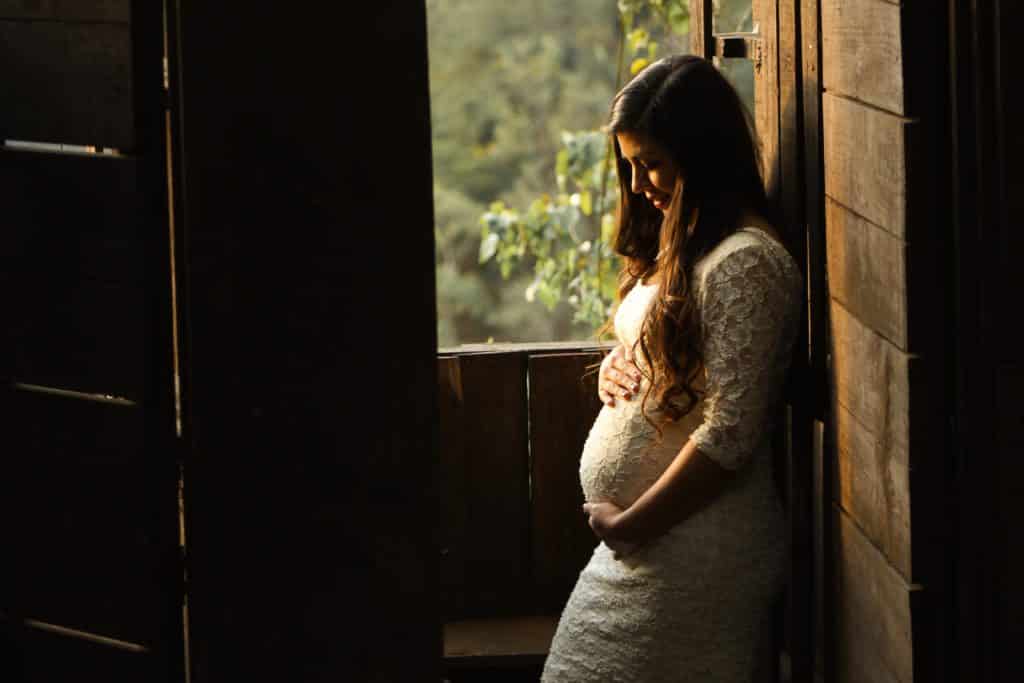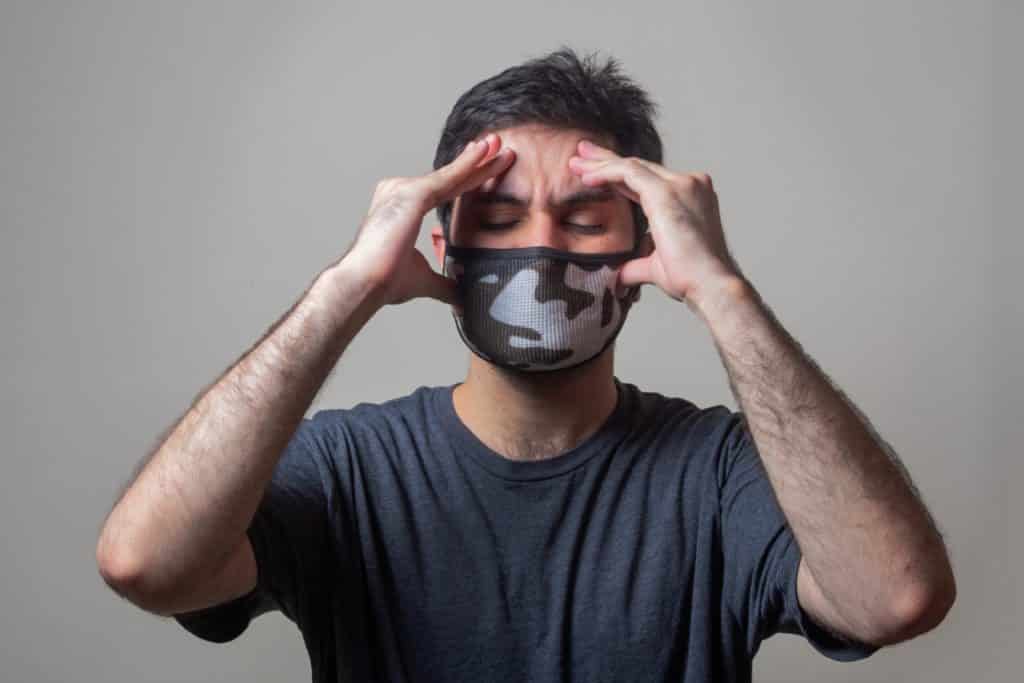As much as the economy and politics in Denmark are largely stable, this has not taken away the uncertainties that people face in everyday life. There is always a possibility of losing a job, being unable to meet daily needs, injury at work, or inability to care for children.

Denmark has a structured system which makes sure that at least everyone is able to meet their basic needs provided that they meet the specific status of being recognized as legal residents.
The Danish Social security rules provide a way in which all the important social welfare needs are given to every person irrespective of whether they are citizens, immigrants, or refugees.
Compare A kasse
The below is a list over companies that provide A-kasse, or social security services, in Denmark. Click on the particular A-kasse to get more information and visit the respective websites.
Everyone is included
The philosophy that guides the Danish social security system is that everyone deserves proper living standards that ensure the highest level of human dignity.
It is required that anyone who has the intention of living in Denmark for a period exceeding three months registers at the Civil Registration Office located within the Kommune. Upon registration, one gets a civil registration number (CPR number). The CPR is a primary requirement to qualify for healthcare and social security benefits in Denmark.
What is Social Security in Denmark?
Anyone who has a job domiciled in Denmark or has a legal status is protected by the Danish social security rules. It does not matter whether the employer is located in another EU member state. As long as the specific job being performed is situated in Denmark, it is automatic that the Danish social security applies to such employees. The contributions that people employed in Denmark contribute is deducted from their salaries at the rate of eight percent every month.
Components of the Danish Social Security services
The Danish social security grants individuals access to various services including but not limited to health insurance, family benefits, sickness and maternity benefits, pension, unemployment benefits, daily sick pay, ATP (Danish labour market supplementary pension) and industrial injury insurance. It is the responsibility of the responsible Danish authority to use existing legal provisions in checking which specific social services can be afforded to an individual.
This is done in a case by case basis. It means that at any one time, an individual seeking to be covered by the Danish social security must be aware of the uniqueness of their circumstances.
Social security as a commuter between Denmark and Sweden
The social security system relationships between Sweden and Denmark is one unique one because some people live in Sweden but work in Denmark. In such a case, it is the responsibility of an individual to register with and get affiliated to a social security system. After registration, it is necessary that you inform the Swedish Social Security Agency that he is not going to be affiliated with the Swedish social security system any longer.

People who cross the border from Sweden to work in Denmark are free to choose whether to take the Danish or Swedish health services. Nonetheless, the specific municipality that someone lives in and Udbetaling Danmark keeps a close management of all the social security benefits that one is supposed to get from time to time.
Health Insurance in Denmark
The local authorities in Denmark, also popularly known as Kommune have the duty to issue national health insurance cards to those who qualify for it. Consequently, the health insurance card (sygesikringskort) which is commonly called a yellow card in Denmark allows the holder access to an assigned doctor. The yellow card has the name of the registered person, address and personal identification number (CPR). The card also has the name of the general practitioner assigned to offer required day to day health services. The yellow card also has a telephone number which the holder has to call when in need of any health service to book an appointment to visit a doctor.
The general requirements to get a yellow card in Denmark include residency and work permits, passport, and legal proof of an address in Denmark. In general, I tmay take up to six weeks to receive a national health insurance card by post at your registered address.
While it is true that Denmark has among the best social service benefits, it is easy for someone to suffer without knowing exactly what help the government can give. The idea for the social system is that people should be at all times within liveable conditions. It means that at least some of the most pressing issues to do with health, employment, disability and others can be in one way or the other sorted out by the social system.
The first step as an individual resident is to know what specific social benefits exist and how to qualify for them. Afterward, you can check out which relevant authority has the responsibility of helping out when in need of the social service. As a rule of the thumb, the municipality is always a starting point for someone who is facing a challenge and is unsure of which help to ask from the government.
While we try to highlight the critical aspects of the Danish social system, it is important to note that in no way are we regurgitating the existing laws entirely but just trying to pin-point what may be of interest to you. Some information may be left out which requires you to take a personal initiative to know more.
Child Benefit
One can loosely say that in Denmark, a child is largely a responsibility of the government while the parents only perform the duty of care. From the time a child is born in Denmark, social security kicks in to ensure that the child gets the best quality of life. Under the child and youth benefit, the social security gives monetary allowances directly to the parents for the purpose of meeting their child needs.

The child and youth benefits are called børne- og ungeydelsen or family allowance (børnecheck) . The child benefits are calculated based on specific predetermined matrices and are paid automatically to the parent’s NemKonto once processed.
Qualifications for Child Benefit
For Danish citizens:
- You (the parent) and the child must be living in Denmark
- The parent(s) is fully liable for tax in Denmark.
- Child is below the age of 18 years
- Children are not supported by the public.
- Child is not married.
As a foreigner who lives in Denmark, somehow different eligibility criteria is applied to get child money. These requirements keep changing from time to time depending on how the government of the time sees it appropriate.
For a foreigner in Denmark:
- The parent has a shared custody of the child
- Existence of evidence of family relationship.
- Live in Denmark or are a citizen of an EU country, Norway, Iceland, Switzerland or Liechtenstein.
- Lived or worked in Denmark, the Faroes or Greenland, within the past 10 years
For a refugee in Denmark to qualify for child money, she/he must at the time of making the application hold a residence permit as provided for under Sections 7, 8 or 9b of the Aliens Act.
Persons covered by Regulation (EC) No 883/04
Regulation (EC) No 883/2004 is intended to cover citizens who wish to move freely across the European Union countries for reasons including study, leisure or professional development. It protects them against losing the social security that they get even if they change their specific country of residence. Therefore, as long as someone covered by this regulation continues to live in another EU or EEA country and Switzerland, they are considered as fulfilling the qualification to continue getting child money. The only other requirement is that at the time of relocation, the person claiming child benefit should have at least received the money in the home country when you move to another Member State, including to Denmark.
Who to contact about Child money?
The laws , regulations and procedures about getting child benefits are not so easy to understand as an average person. Even the Danes and EU citizens who would be considered to have experienced it still have to check out with an agency to confirm what to do. In case of any queries or something that is not immediately clear about child benefit, it is necessary to contact Udbetaling .
Child Care
The Danish social security guarantees day care for children who are at least 26 weeks old until the time that they attain school going age. The municipality has the responsibility of ensuring that the child gets a proper care facility around you. The municipality has guidelines and timelines for applying for childcare.
To get childcare in Denmark.
- The child and parent must be legally residing in Denmark. (this is again subjected to further checks about the length of time your have lived in Denmark and many more)
- Citizens of an EU/EEA country and work in Denmark are entitled to the same social benefits as Danish citizens.
- Those who work in Denmark but live in Germany or Sweden the child is entitled to childcare facilities and subsidies within the local authority where you work.
Maternity benefit
Any parent who has had a connection with the Danish labour market is qualified for maternity benefit for pregnancy, childbirth and adoption. A connection to the labour market in this case means that someone has been having salaried work, self-employment, unemployed but a member of an unemployment insurance fund (a kasse).

The maternity benefit is paid by the state whenever a parent gets a maternity leave from work. This maternity does not depend on whether the employer pays you during the maternity period or not. Therefore, it is good to also be sure about the terms and conditions of your employment. It means that during maternity period, if the employer agreed to pay partially or fully during the maternity, the maternity benefit from the government will be an additional money to your account.
Different qualifications apply to salaried parents, self-employed and unemployed people.
Public healthcare
Everyone who has a legal residence with a CPR in Denmark qualifies for public healthcare. You will be issued with a yellow card also known as a health card which indicates the general practitioner and contacts to book appointments for health services. The requirements to get a Danish public healthcare depends on which category that someone belongs. These categories include Residents in Denmark, Persons from EU/EEA/Switzerland and Persons who are temporarily staying in Denmark.
Sickness benefit
Being sick is a possible occurrence at any time in someone’s life. Such illness may lead to inability to go to work or do normal daily duties. The sickness benefit is intended to support persons with a connection to the labour market.

To get the health benefits, one is expected to be unable to work because of your own illness or injury,live in Denmark, or are covered by Regulation (EC) No 883/04, pay tax on income and earn a salary. The person is also ordinarily expected to be a member of an unemployment insurance fund commonly known as a-kasse.
Home care service
In Denmark, an individual can claim home care, personal care and practical help when you get to a situation of debilitation that reasonably prevents you from self-help. Temporary or temporal menta of physical impairments that make it impossible to carry out normal daily tasks at home necessitate care service.
The conditions to get Home care in Denmark include brin a legal resident in Denmark and is unable to carry out personal and/or practical tasks in your own home hence need help.
